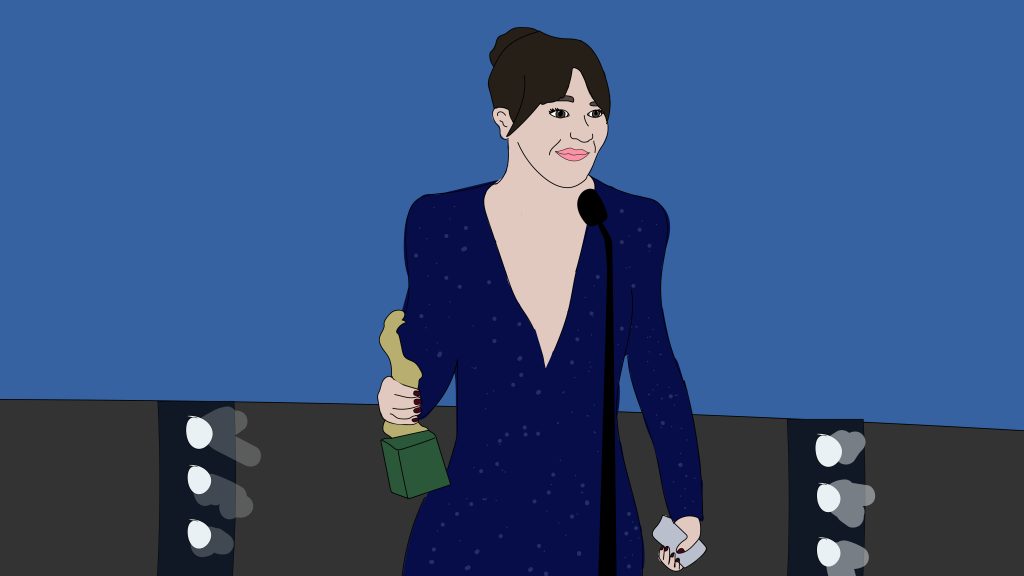I social hanno aperto a un processo di democratizzazione del giudizio critico: popolare può essere ancora sinonimo di bassa qualità o è solo la risposta di ambienti in via d’estinzione?
Internet appare un luogo democratico, almeno per la parte di noi più idealista e romantica. Accesso alla cultura, libertà di parola, diritto di critica: poco importa se poi sfocia nell’hating selvaggio. Non si vuole essere influenzati da terze parti; si può diventare tutti allenatori, critici cinematografici, letterari, culinari, musicali: il “potere dei social” sta proprio qui, nel far incontrare più facilmente e rapidamente il proprio gusto personale con quello di altre persone, dando forma così a un giudizio di massa. Giurie ed esperti, percepiti come qualcosa di elitario, non servono più: siamo di fronte alla morte dei premi della critica?
Si pensi al Salone del Libro di Torino. I 5 finalisti del Premio Strega Europeo hanno presentato i propri libri, in vista della premiazione del 12 maggio, avvenuta al Circolo dei Lettori: spazi non grandissimi, code per entrare moderate, una premiazione in uno dei salotti più belli ed esclusivi del capoluogo piemontese. Negli stessi giorni, si è tenuta la prima edizione italiana dei TikTok Book Awards, decretati in minima parte da una giuria di scrittori, per la maggior parte espressione della community di lettori di TikTok. Un suffragio universale, a portata di tap, che ha occupato la sala più grande di Lingotto Fiere, comunque insufficiente per contenere le centinaia di persone rimaste fuori.
Se da un lato bisogna riconoscere la capacità degli organizzatori del Salone di intercettare il cambiamento, dall’altro premi della critica e riviste di settore devono forse deistituzionalizzarsi e aprirsi maggiormente al pubblico non per competere, ma almeno convivere con forme di promozione della cultura più popolari?
Visualizza questo post su Instagram
Guardando al cinema, recentemente si è registrata un’altra contrapposizione tra critica e sentimento popolare. 69ª edizione dei David di Donatello; C’è ancora domani di Paola Cortellesi incontra Io capitano di Matteo Garrone: 19 candidature su 20 per il primo (record assoluto); 15 per il secondo, già finalista come miglior film straniero alla notte degli Oscar. Una lotta tra giganti, meritevoli di aver portato sul grande schermo migrazione e lotta al patriarcato, che ha visto trionfare come miglior film e regia proprio il regista romano (la regista si è poi aggiudicata 6 riconoscimenti). Eppure al botteghino, espressione diretta e tangibile del volere degli spettatori, il giudizio è stato un altro: la pellicola di Paola Cortellesi ha incassato 36,6 milioni di euro, contro gli appena 4,4 di Matteo Garrone. Senza nulla togliere all’opera di Garrone, C’è ancora domani è stato forse il film italiano dell’anno, di cui tutti hanno parlato sui social, eppure questo aspetto non è stato pienamente riconosciuto dalla giuria di addetti ai lavori.
Visualizza questo post su Instagram
Tormenta più grande è montata nei giorni di Sanremo, che ha visto protagonisti non tanto Angelina Mango e Geolier, quanto le tifoserie che si sono create attorno ai due cantanti. Molte le accuse verso l’elitarsimo della sala stampa, la quale non si è distinta proprio per classe ed eleganza in quei giorni: ricordate i fischi e le frasi contro la Campania e il cantante di Secondigliano? Professionisti non aggiornati sulle tendenze musicali (Geolier dilagava su Spotify e sui social, in tutto il Paese, ben prima di Sanremo) da un lato; un pubblico che grida al voto truccato e che vede nel cantante napoletano un esempio di riscatto sociale, dall’altro. Così si è arrivati ad avere due verità, due vincitori del festival,quello ufficiale e quello nazional-popolare, nel segno della tradizione: ricordate l’analoga vicenda Mahmood-Ultimo?
Visualizza questo post su Instagram
E le stelle Michelin? Nel far west della recensione facile e della preparazione dei consumatori alla scuola “divano e Masterchef”, ha ancora senso per un ristorante avere la tanto sognata targhetta rossa al suo ingresso? Quanto è più potente, in termini di immagine, un arsenale di hashtag quali #instafood, #foodgasm, #foodporn, o le collaborazioni con i food influencer locali? Una questione che tocca letteralmente la pancia degli italiani, respinti e respingenti nei confronti di tutto quello che è definibile come alta cucina.
Visualizza questo post su Instagram
Nel 2015 un signore di nome Umberto Eco diceva che i social hanno dato lo stesso diritto di parola di un Premio Nobel a “legioni di imbecilli”: un’affermazione forte, che certamente ha un fondo di verità, visto l’uso incontrollato del commento sui social. Non può essere però usato come alibi per quegli ambienti che dovrebbero avere per natura un’anima progressista, volta al nuovo, libera da pregiudizi, che invece preferiscono arroccarsi su se stessi e vivere di convinzioni di superiorità.
Illustrazione di Gloria Dozio – Acrimònia Studios



